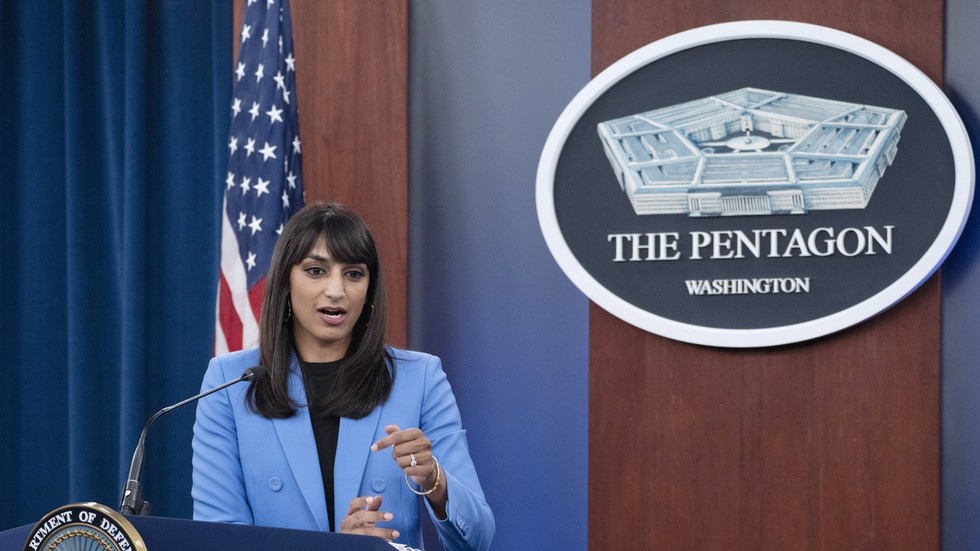Former European Commission President Jose Manuel Barroso speaks on stage during the 2022 Concordia Annual Summit in New York on September 20, 2022.
Leigh Vogel | Getty Images Entertainment | Getty Images
A more "unpredictable" U.S. will only add to the challenges facing the incoming European Parliament as it navigates increasingly fraught ties with China and Russia, according to former EU Commission President José Manuel Barroso.
Barroso told CNBC on Monday that there was "anxiety" in Europe over the upcoming U.S. elections, reviewing how a second term for Republican presidential candidate Donald Trump could impact transatlantic relations.
"It's not just that the European Union is facing a much more aggressive Russia, a much more assertive China, it's also facing a much more unpredictable United States of America. This is the reality," Barroso told CNBC's Silvia Amaro.
The European Parliament is preparing for a new five-year term after provisional results showed record gains for the far right, even as centrist parties retained a majority in last week's EU elections. High on the agenda will be the EU's continued response to Russia's war in Ukraine, as well as navigating increasing trade tensions between the U.S. and China.

Barroso, who served as commission president from 2004 to 2014, said that the U.S. remains the EU's "biggest ally," and that the two sharing close ties, including within NATO. He nevertheless noted that the bloc was facing up to a more uncertain future.
"We are indeed very close to the United States in geopolitical terms and also in trade and investment terms," said Barroso, who is now non-executive chairman of Goldman Sachs International.
"Today there are some doubts about which way the United States can go. That's why this is translated in some anxiety, if I can put it that way," he added.
A more self-sufficient EU
The former Portuguese prime minister noted that, "paradoxically," a more unpredictable U.S. could give Europe the necessary push to become more self-sufficient.
He said then-president Trump was "right" when he called on Europe to spend more on defense — a move which was later expedited by the war on its borders.
More recent measures such as the Biden administration's Inflation Reduction Act, as well as Chinese green subsidies, have also forced the EU to think more "politically" about its industrial strategy moving forward, Barroso noted.
"[The EU] will put more emphasis on resilience than on efficiency; [it will] look much more politically to the investments and trade flows," he said. "This is already happening in the U.S., in China, in many other parts of the world, and it's certainly happening also in Europe."

.png) 5 months ago
23
5 months ago
23









